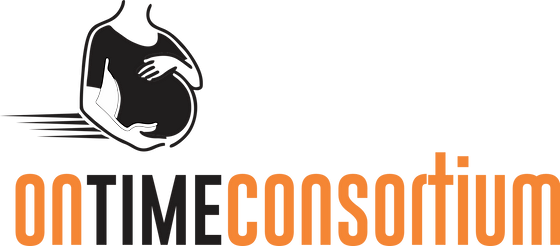As part of efforts to bring access to maternal healthcare closer to pregnant women in the country, OnTIME Consurtium in partnership with Google, Federal Ministry of Health, has developed a digital dashboard to support the optimisation of emergency obstetric care geographical accessibility.
Speaking during the Ontime-Google stakeholders briefing in Abuja, the minister of Health. Dr. Osagie Ehanire, commended the initiative to map out health facilities on a dashboard.
This, he said will provide a comprehensive understanding of location and the time it takes for women with various levels of emergency obstetric conditions to reach facilities that have the capacity to offer emergency obstetric care.
Represented by the minister of state for Health, Ekumankama Joseph Nkama, Ehanire said „The Federal Ministry of Health takes this project seriously as Nigeria still faces the challenge of high maternal mortality rates as prolong duration before access to care is contributary.
„We all know that travel time can have a significant impact on the outcome of emergency treatment. Delays in accessing medical care can lead to delayed treatment, reduced chance of survival, increased severity of injuries, and increased emotional distress. Therefore, this project is crucial as it provides near-accurate travel time estimates for women with emergency obstetric conditions to reach facilities that can offer emergency obstetric care, allowing policymakers, healthcare providers, and patients to make informed decisions.“
Speaking further, the minister noted that the significance of the project was not limited to obstetric emergencies in specific geographic locations, such as Aba, Abuja, Benin City, Ibadan, Ilorin, Jos, Kaduna, Kano, Lagos, Maiduguri, Onitsha, Owerri, Port-Harcourt, Uyo, and Warri, saying Instead, it can benefit all medical conditions and geographic areas.
He, therefore, appeal to Google for a wider coverage of the project and to consider other medical emergencies.
According to him, the ministry of health has prioritised digital health as part of its plan to build a more resilient health system after the COVID-19 pandemic.
„It is investing in strengthening its digital health infrastructures and systems, such as health information and data management systems, electronic medical records systems, telemedicine, and the use of artificial intelligence in healthcare. Recognizing that Google is a giant in digital technology, we want to call for further discussion through our Department of Health Planning Research and Statistics to see how we can leverage each other’s strengths,“ Ehanire stated.
On his part, the associate professor, maternal and newborn health at the London School of Hygiene and Tropical Medicine, Prof. Aduragbemi Banke-Thomas, said the project is an innovative collaboration between researches and google and policy makers.
He said „We are trying to use the closer to reality travel time from Google combine with verified heath facilities functionality of services both public and private in all cities in Nigeria.
„We will specifically focus on the cities that have population of over a million to include in our work and engage all marked private and public health facilities that can provide Cesarean section in all of those places. We have taken all of that now and then developed this innovative with dash board from google to identify hotspots where women are struggling to get to health facilities.“
Banke-Thomas is hoping that going forward, policy makers will use the dashboard to inform policy. „It also look like we have chosen a good time to develop this dash board because there is a lot of interest in digitalisation and using digital technology to inform Police which is great also for us.
„I think what we want is to see that dis dashboard is used to actually effect change and ultimately affect change and reduce maternal mortality,“ he added
We’ve got the edge. Get real-time reports, breaking scoops, and exclusive angles delivered straight to your phone. Don’t settle for stale news. Join LEADERSHIP NEWS on WhatsApp for 24/7 updates →
Join Our WhatsApp Channel










